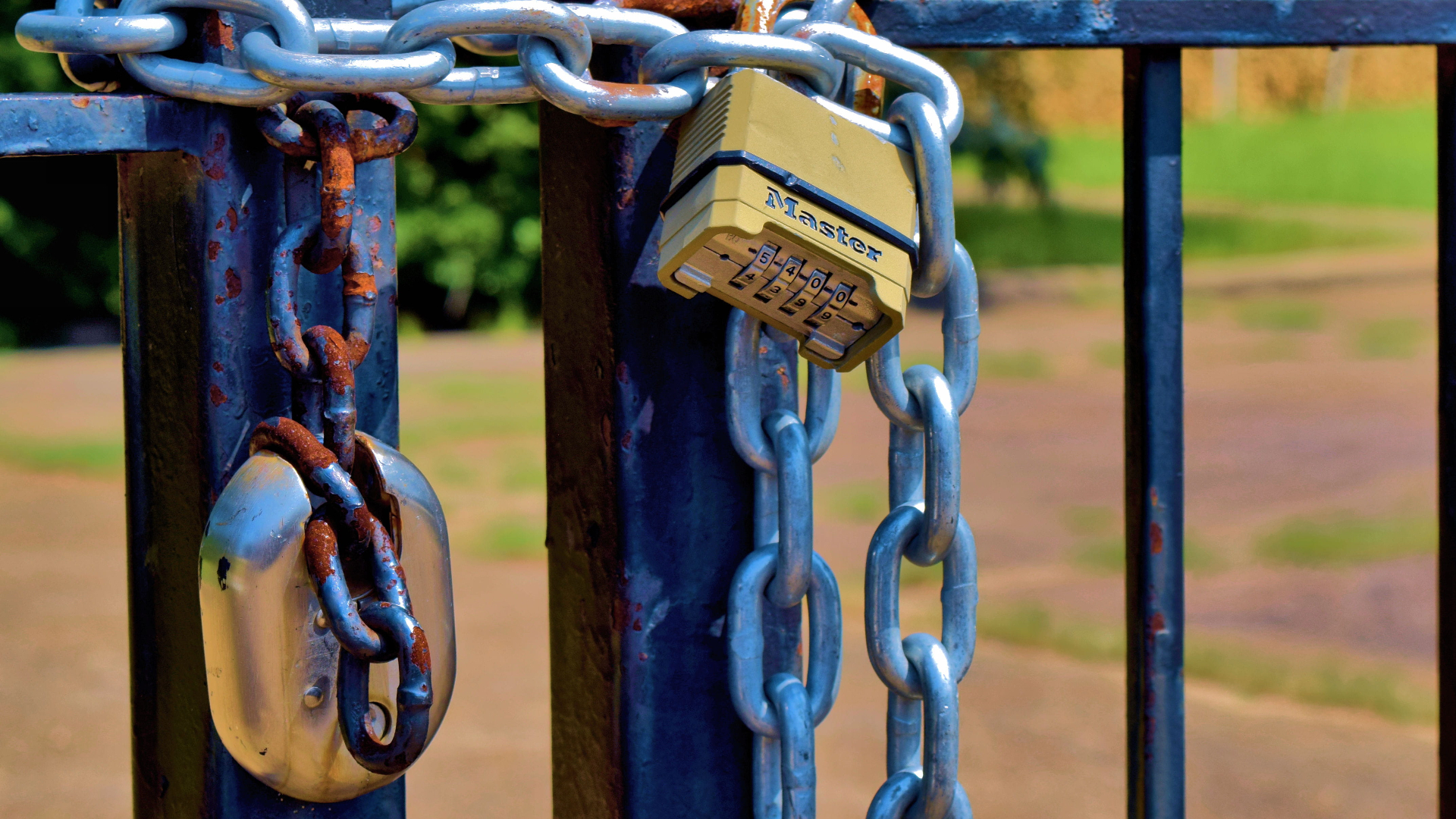Crime Boss Ordered to Repay £90 Million: What This Means for Confiscation Orders

One of UK’s Largest Confiscation Orders Raises Questions
A Preston businessman and convicted fraudster, Arif Patel, has been ordered to repay more than £90 million following one of the UK’s largest confiscation orders. If he fails to comply, additional prison time will be added to his 20-year sentence.
Patel, formerly of Fulwood but now living in Dubai, was convicted of false accounting, conspiracy to cheat the public revenue, and money laundering after masterminding a multi-million pound VAT and counterfeit clothing fraud. His criminal network defrauded the UK of £33.4m through fake VAT claims and imported counterfeit goods worth over £19m.
How Confiscation Orders Work
This case highlights the power of the Proceeds of Crime Act (POCA), which allows the Crown Prosecution Service (CPS) to apply for confiscation orders to strip offenders of their financial gains. Once granted by the court, these orders require a convicted person to repay the benefit they obtained from their crimes. Failure to do so can result in additional prison time — even after the original sentence has been served.
In Patel’s case, the confiscation order totals £90,503,211. Authorities have said his property empire and assets acquired through fraud will be seized and sold, with millions returning to public services and compensation schemes.
Defending Clients Facing Confiscation Orders
From a defence solicitor’s viewpoint, confiscation proceedings present unique challenges:
- Valuation disputes: Prosecutors often argue for the highest possible benefit figure. Defence teams must scrutinise financial records and asset valuations to ensure fairness.
- Hidden assets allegations: If the CPS claims a defendant has undisclosed wealth, this can inflate confiscation orders significantly.
- Time to pay: Courts may allow a payment schedule, but defendants face serious consequences if deadlines are missed.
- Living abroad: Where defendants reside overseas, enforcement becomes complex, raising issues of jurisdiction and international cooperation.
Why This Case Matters
This is one of the largest confiscation orders ever secured in the UK. The CPS has recovered nearly £500m in the past five years from similar proceedings, ensuring that criminals cannot profit from their offences. However, for defendants, such proceedings often continue long after conviction, keeping them entangled in the justice system.
Summing up
Arif Patel’s case demonstrates how seriously UK courts treat financial crime. Confiscation orders under POCA remain one of the most powerful tools used against convicted offenders.
From a defence perspective – irrespective of the crime – it is a fundamental part of UK law and the criminal justice system that proceedings require careful preparation and robust challenges to ensure that orders are fair, proportionate, and based on accurate evidence.
It is worth noting that as well as the victims of the crime, there are innocent parties connected with those convicted (e.g. family, friends and so on) who may have unwittingly benefitted from the proceeds of crime.
When a case is of such magnitude, the level of complexity can be daunting for all involved. That is why experience coupled with expertise – from a defense point of view – in such matters is crucial to ensuring a fair, proportionate and reasonable outcome for all parties.
How We Can Help
If you would have any questions about confiscation orders then our award-winning team of experts are on-hand to help answer any of our concerns. Call us now on 0161 477 1121 or email us.


